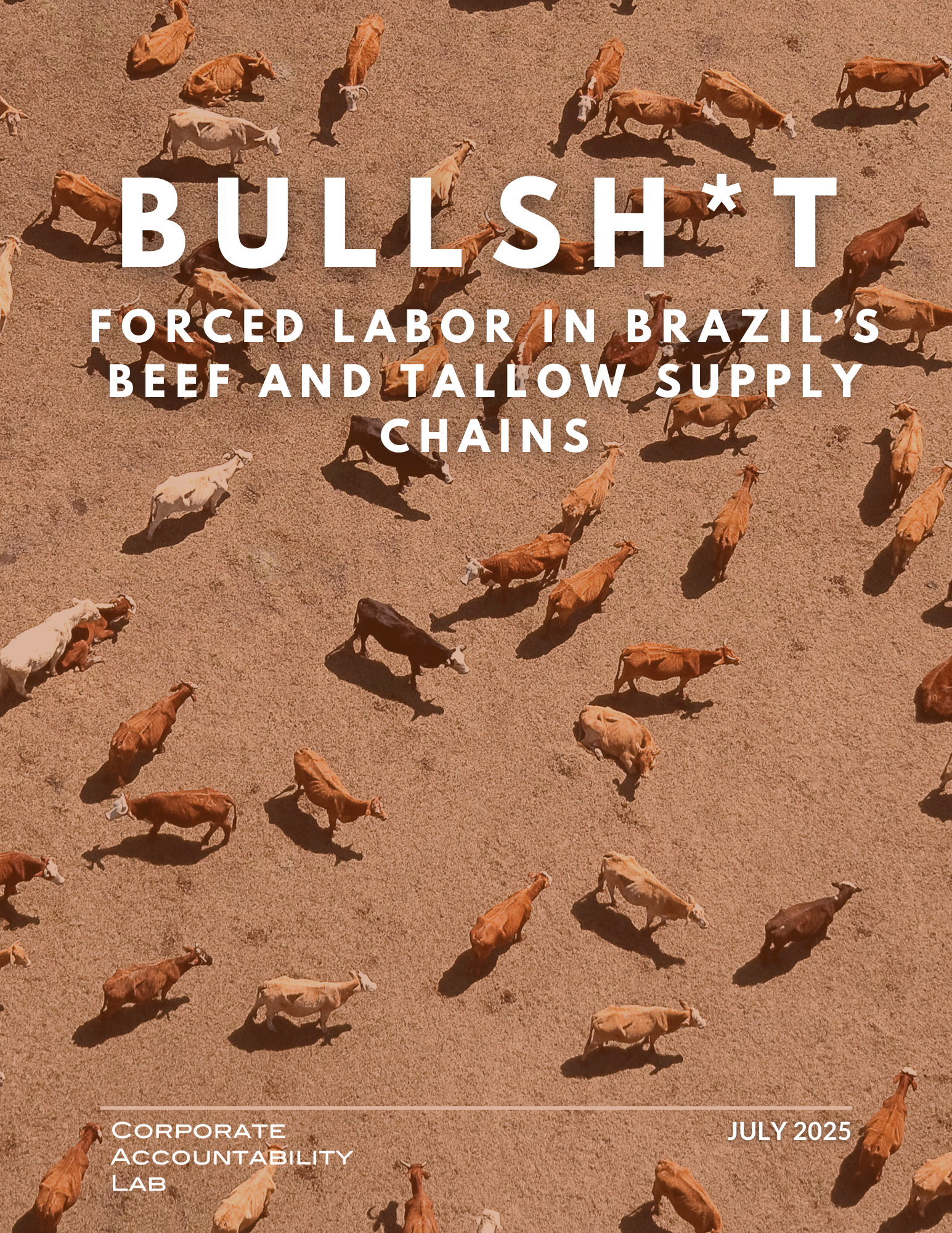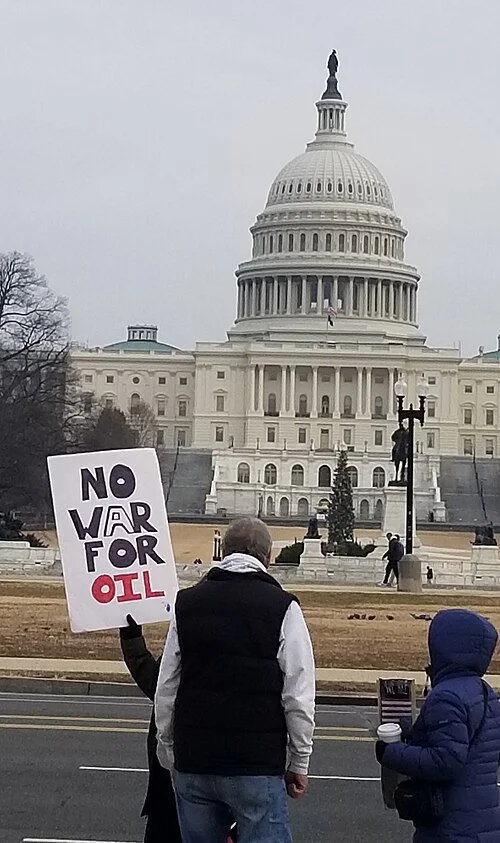Corporate Accountability Lab unleashes the creative potential of the law to protect people and the planet from corporate abuse.
WE’RE HIRING!
senior staff attorney
DEADLINE: Rolling until filled
LOCATION: Chicago, IL (non-negotiable), 3 days in office (Tuesday, Wednesday, Thursday), 2 days virtual (Monday, Friday)
JOB DESCRIPTION:
CAL is seeking a Senior Staff Attorney who is dedicated to human rights work, is comfortable with a diversity of tasks, and enjoys working in a collaborative and creative environment. CAL attorneys develop and oversee a portfolio of corporate accountability projects related to human rights, labor, environment and climate across U.S. and international supply chains. CAL’s work involves legal and factual research, developing legal cases and active litigation, comparative law analysis, report writing and advocacy, on-the-ground-investigations, and facilitating events on legal topics.
Click here to learn more about the role and how to apply.
July 24, 2025
Bullsh*t underscores the magnitude of forced labor in the cattle sector and underscores a critical insight: this is not just a problem for Brazil. It is a global scourge that impacts U.S. consumers, U.S. cattle ranchers, and U.S. biofuel producers. Ethically tainted Brazilian beef and tallow have contaminated U.S. supply chains, undercutting the market for ethically-produced beef. Absent robust legal enforcement in the United States and Brazil, meat companies that disregard protections for workers, deforestation prohibitions, anticorruption laws, and antitrust regulation will eventually drive ethical companies – including small U.S. cattle ranchers – out of the market entirely. There are abundant opportunities, and a significant body of evidence, to support scaled up enforcement in both the United States and Brazil. Building on existing enforcement actions in both countries, authorities are well-poised to tackle infractions across the supply chain, from the cattle ranches in rural Brazil all the way to Wall Street.
Read the report.
FEATURED BLOG POSTS
our work
Research
We study the laws that govern corporate behavior and identify how and why such laws fail to hold corporations accountable for the human rights violations and environmental harms occurring across their supply chains.
Legal Design
We design strategic interventions into global supply chains to better protect human rights and the environment through novel litigation strategy and new forms of worker empowerment.
Collaboration
We collaborate with lawyers, law school clinics, other corporate accountability NGOs, and workers to workshop our designs, coordinate strategy, and implement our strategic interventions.








